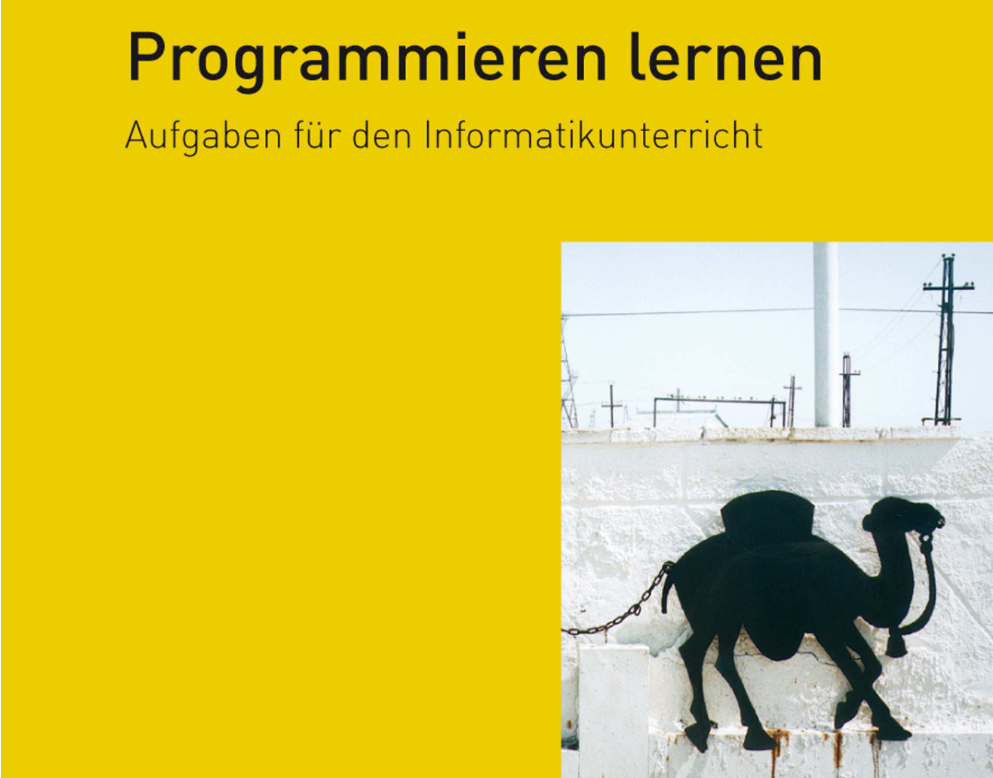
Over 150 tasks and auto-corrected assignments in entry level programming
In their book Programmieren lernen (Learn to program) [out of print, PDF] and its accompanying web site Programmieraufgaben.ch (Exercises in programming) Philipp Freimann and Martin Guggisberg teach programming through numerous exercises. Authentic examples encourage students to solve them independently. They learn to connect different aspects of programming and create programs that run. All exercises are formulated independently of a programming language. The book is suitable for self-study as well as a supplement to computer science lessons.
This Moodle adaptation we convert the original tasks in to automated grading Moodle assignments in the form CodeRunner and Virtual Programming Lab (VPL) activities and VPL question type.
> More in the public announcement.
- Teacher: Pramod Bandaranayake
- Teacher: Sanduni Fernando
- Teacher: Lahiru Kavinda Dilshan
- Teacher: Sandika Madushan
- Teacher: Visvanath Ratnaweera